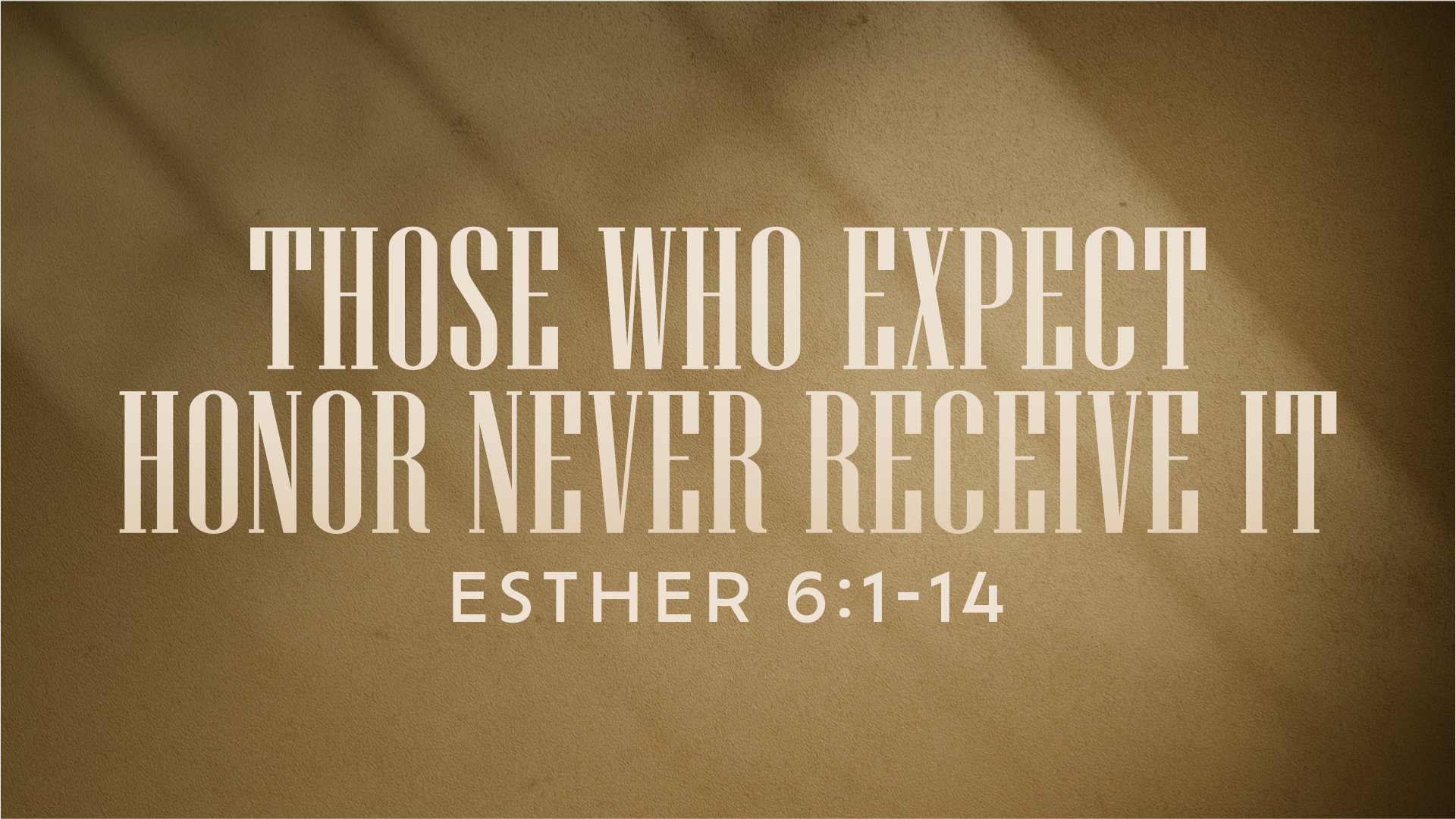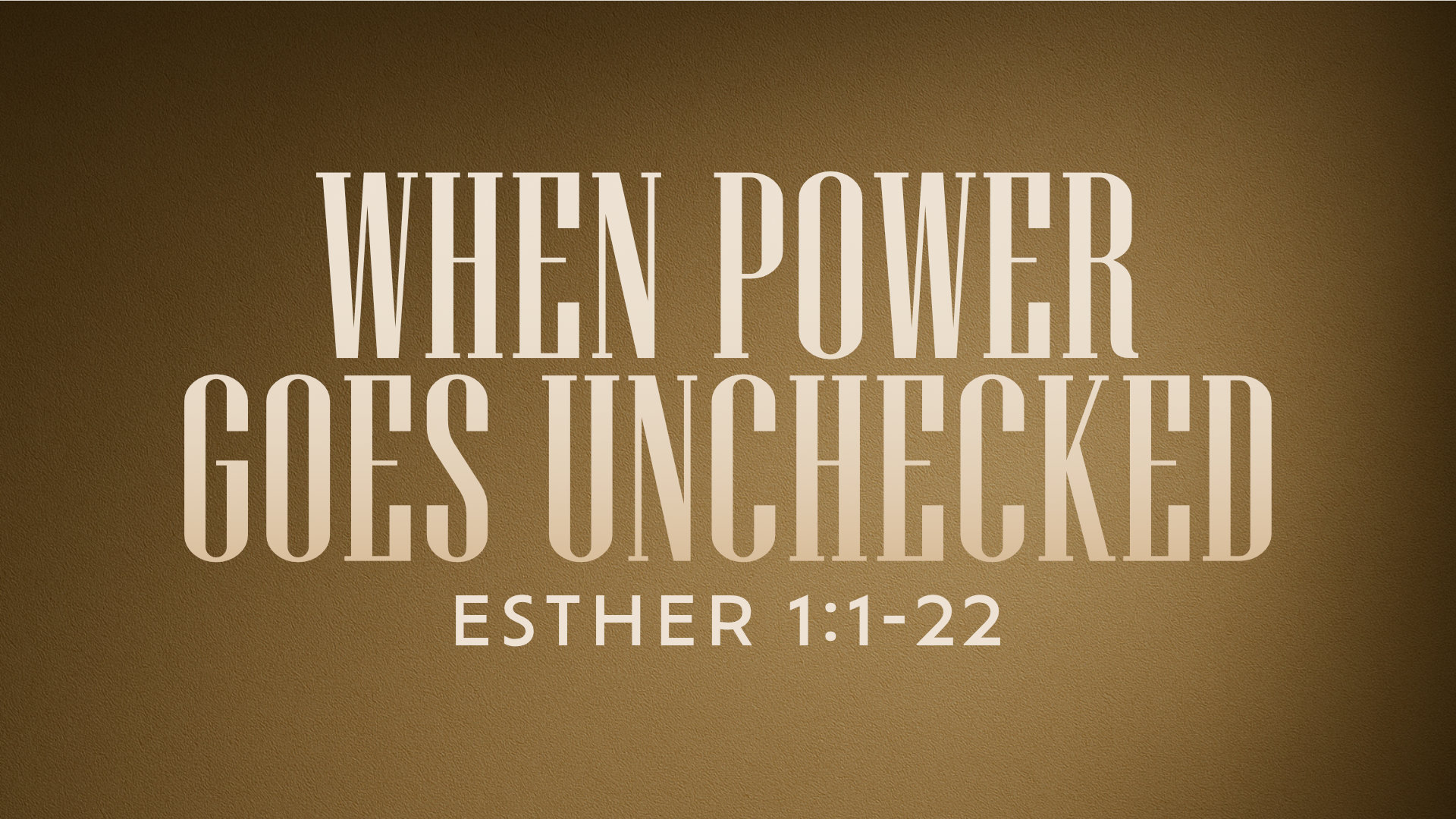Unrighteous Righteousness
In The Parable of the Pharisee and the Tax Collector, Jesus contrasted one who thought he was righteous and another who knew he was not. If we believe our works to be righteous, we reveal our hearts to be unrighteous.
Pride & Humility
Unrighteous Righteousness
In The Parable of the Pharisee and the Tax Collector, Jesus contrasted one who thought he was righteous and another who knew he was not. If we believe our works to be righteous, we reveal our hearts to be unrighteous.
Context
- Jesus directed this parable to religiously prideful people who looked down on others (18:9).
- The complex around the temple prohibited people from entering reserved sections.
- The religious elite who ran the temple possessed financial and political advantages that complicated their motives.
Content
- Pharisees were an exclusive religious community boasting of superior knowledge and impeccable character.
- Tax collectors were Jewish men swindling money for the Roman government and keeping some for themselves.
- The Pharisee focused on others’ mistakes and personal achievements (18:11-12).
- The tax collector focused on God’s mercy and his personal need for it (18:13).
- The only one who went home justified was the one humbly admitting his need for it (18:14).
Concept
- Fixating on the sins of others is the simplest smokescreen to mask your own.
- Claiming to be righteous proves your unrighteousness; declaring yourself unrighteous is necessary to become righteous.
- You won’t receive mercy if you don’t think you require it in the first place.
- You can either humble yourself or wait for God to do it.




















